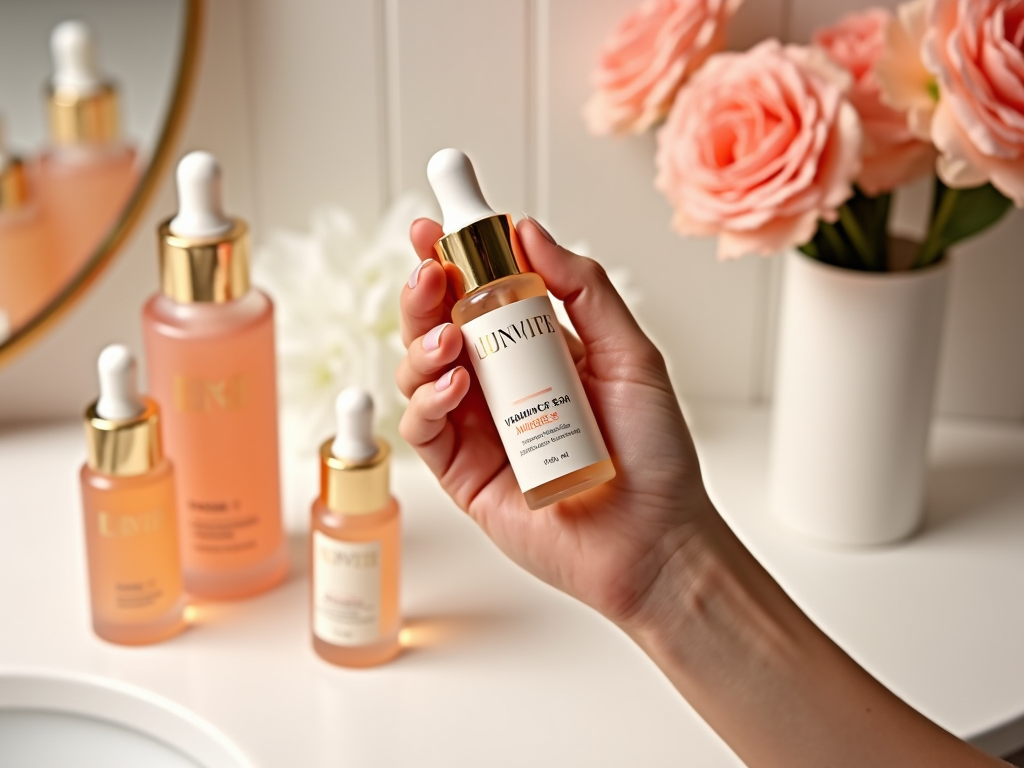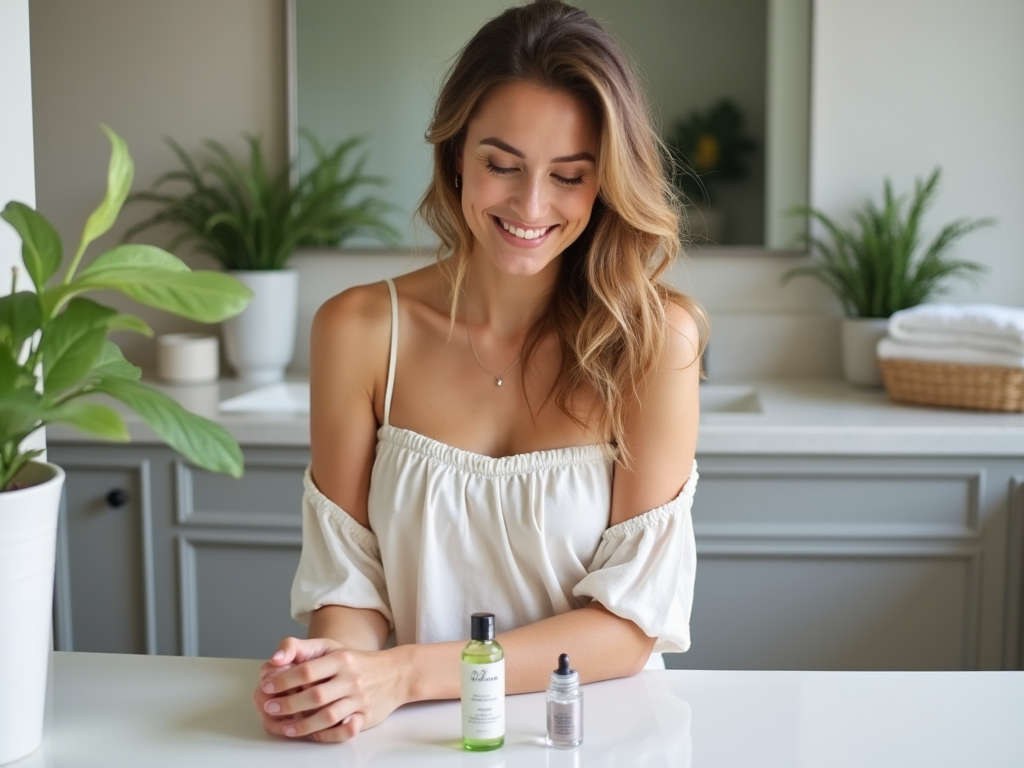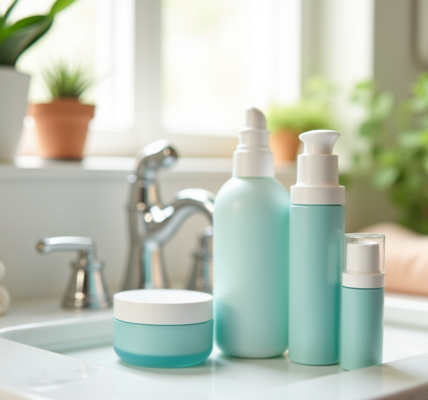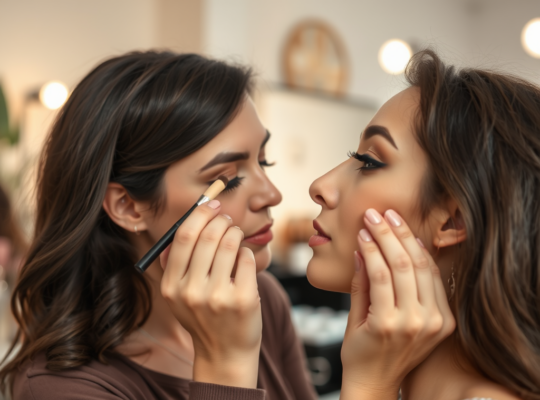In the ever-evolving world of skincare, serums rise as potent elixirs that have the power to transform your complexion. No longer just an afterthought, they are now considered essential for achieving luminous skin and tackling specific concerns. With a multitude of formulas on the market, it can be overwhelming to determine which serum is truly right for you. Understanding the unique characteristics of various serums will empower you to make informed decisions that cater to your skin’s distinct needs. No matter your skin type, there is a serum formulated with your concerns in mind.
When selecting a serum, one should first analyze the ingredients that could best enhance one’s beauty routine. The right serum can boost hydration, combat signs of aging, and revive a dull complexion. Moreover, with the rise of skincare consciousness, consumers now prioritize transparency in ingredient lists. This has led to a surge in products that cater to both efficacy and skin health. From hydrating to brightening, the diversity of serums available means there is something for everyone. Here, we will delve into the types of serums, how to identify your skin type, and key ingredients to look for.
Understanding Face Serums

Face serums encapsulate a powerful array of concentrated ingredients designed to deliver benefits directly to the skin. They can penetrate deeper than regular moisturizers, enabling targeted treatments that cater to specific issues such as dryness, pigmentation, or aging. As a part of your daily regimen, serums infuse your skin with nourishing active ingredients that enhance its overall appearance. When used consistently, serums can yield remarkable results in clarity and texture. This transformative aspect of serums identifies them as a worthwhile investment in your skincare arsenal.
Types of Face Serums

The skincare market is rich with various types of face serums, each crafted to address specific concerns. Understanding these different formulas is key to making the right choice for your unique needs. Here’s a brief overview of prominent types, along with their functions:
- Hydrating Serums: These serums are designed to replenish moisture, often containing components like hyaluronic acid.
- Brightening Serums: Typically featuring vitamin C, they aim to enhance glow and even out skin tone.
- Anti-Aging Serums: Formulated with retinol or peptides, these serums counteract the visible signs of aging.
Knowing the ingredients found in serums can aid you in selecting the best product tailored to your needs. Here are some essential components to consider:
| Ingredient | Benefits |
|---|---|
| Vitamin C | Brightens skin and reduces pigmentation. |
| Retinol | Promotes cell renewal and diminishes fine lines. |
| Peptides | Enhances skin elasticity and firmness. |
Identifying Your Skin Type
Choosing the right serum also begins by understanding your skin type, as each type has different needs. A tailored selection can lead to optimal benefits. Here is a breakdown to help you identify your skin type:
- Oily Skin: Look for lightweight, non-comedogenic formulas to avoid clogged pores.
- Dry Skin: Rich, hydrating serums containing emollients work best for preventing moisture loss.
- Combination Skin: A balanced serum that addresses both hydrating and oil-controlling needs is ideal.
- Sensitive Skin: Gentle serums with soothing ingredients will help minimize irritation.
How to Incorporate Serums Into Your Routine
Incorporating serums into your daily regimen can seem daunting at first. However, it’s quite simple with a few key practices. First, apply the serum after cleansing your skin, as this maximizes absorption. It’s crucial to follow up with a moisturizer to lock in the benefits of the serum.
Moreover, being mindful of layering products is vital. Some active ingredients may not work well together, so it’s wise to research compatibility in your skincare routine. For example, avoid combining certain acids with retinol to minimize potential irritation. With thoughtful application, your skin can reap remarkable benefits from the power of serums.
Conclusion
Choosing the best face serum for your skin is more than just a simple shopping decision; it’s a deeper understanding of your individual skin needs and how a product can meet them. By taking the time to familiarize yourself with your skin type and the various serum ingredients on the market, you can select the perfect product for your unique concerns. Ultimately, the right serum can serve not just as a cosmetic enhancement, but as a cornerstone of vibrant, healthy skin.
Frequently Asked Questions
- What is the best serum for aging skin? Look for serums containing retinol, peptides, and antioxidants.
- Can I use multiple serums at once? Yes, layering serums is possible but requires consideration of compatibility.
- How often should I use a serum? Most serums can be used once or twice daily, depending on the formulation and your skin’s tolerance.
- Are serums necessary for my skincare routine? While not essential, serums can provide targeted treatment that enhances overall skin health.
- Do I need to patch test a serum? Yes, especially if you have sensitive skin or are trying a new active ingredient.









